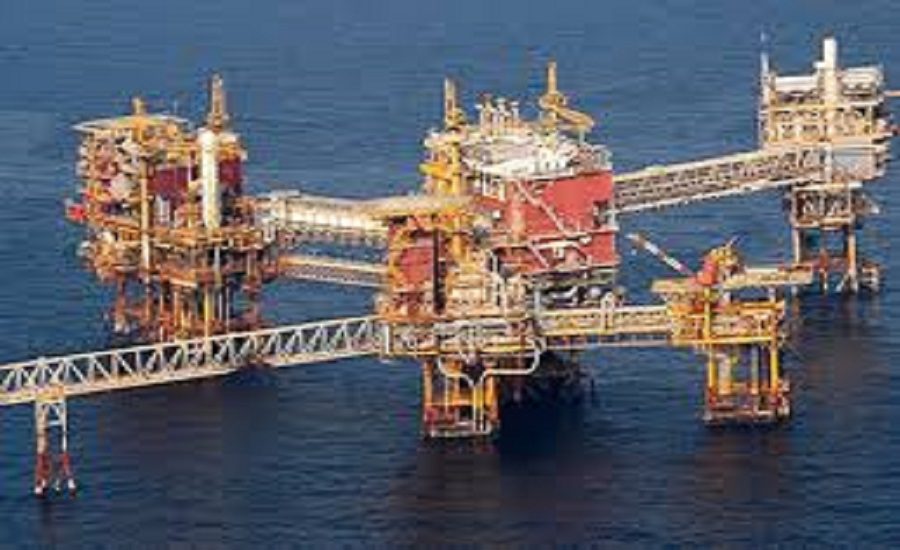Tehran/Jerusalem: Tensions between Israel and Iran have escalated sharply following a powerful Israeli military strike on Iran’s nuclear facilities and key missile infrastructure. The attack, which Israel claims targeted Iran’s strategic military installations and high-ranking defense officials, has already sent shockwaves across global energy markets, leading to a 7% spike in crude oil prices – the highest level recorded since 2022.
The assault reportedly resulted in significant damage to Iran’s military capabilities, with missile production units and nuclear research hubs being among the main targets. In a bold statement following the strike, Israeli Prime Minister Benjamin Netanyahu asserted that “the operation will continue for as long as necessary.”
High-Profile Casualties Reported
Unconfirmed reports indicate the deaths of several top Iranian military officials, including-
- Hossein Salami, Commander-in-Chief of the Islamic Revolutionary Guard Corps (IRGC)
- Mohammad Bagheri, Chief of Staff of the Iranian Armed Forces
Additionally, several nuclear scientists and defense personnel may be among the casualties, heightening concerns about Iran’s ability to respond or rebuild quickly.
Oil Prices Surge, Global Markets Rattled
The immediate aftermath of the attack saw global oil prices jump by 7%, driven by investor fears over potential supply disruptions in the Middle East—a region responsible for a significant share of the world’s crude oil production. Analysts are warning that if tensions escalate further or if Iran retaliates against neighboring oil producers or shipping lanes, the global energy supply chain could be severely impacted.
“This is not just a regional conflict – it’s a global energy shock,” said a London-based energy analyst.
“Investor confidence has taken a major hit, and this could affect long-term energy strategies and supply commitments.”
Investor Uncertainty and Production Risks
With markets already strained due to previous supply constraints and production cuts, this new wave of instability is raising fears of further production slowdowns, and potential supply bottlenecks. The incident is likely to push OPEC and allied producers to reassess their next steps amid rising geopolitical volatility.
International Response Awaited
As the world awaits official statements and possible diplomatic mediation from major powers, including the United States, European Union, and the United Nations, the risk of full-scale military escalation remains high.
Meanwhile, Iranian state media has yet to confirm the reported high-level casualties, although emergency meetings have reportedly been convened by the Iranian leadership.




























